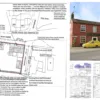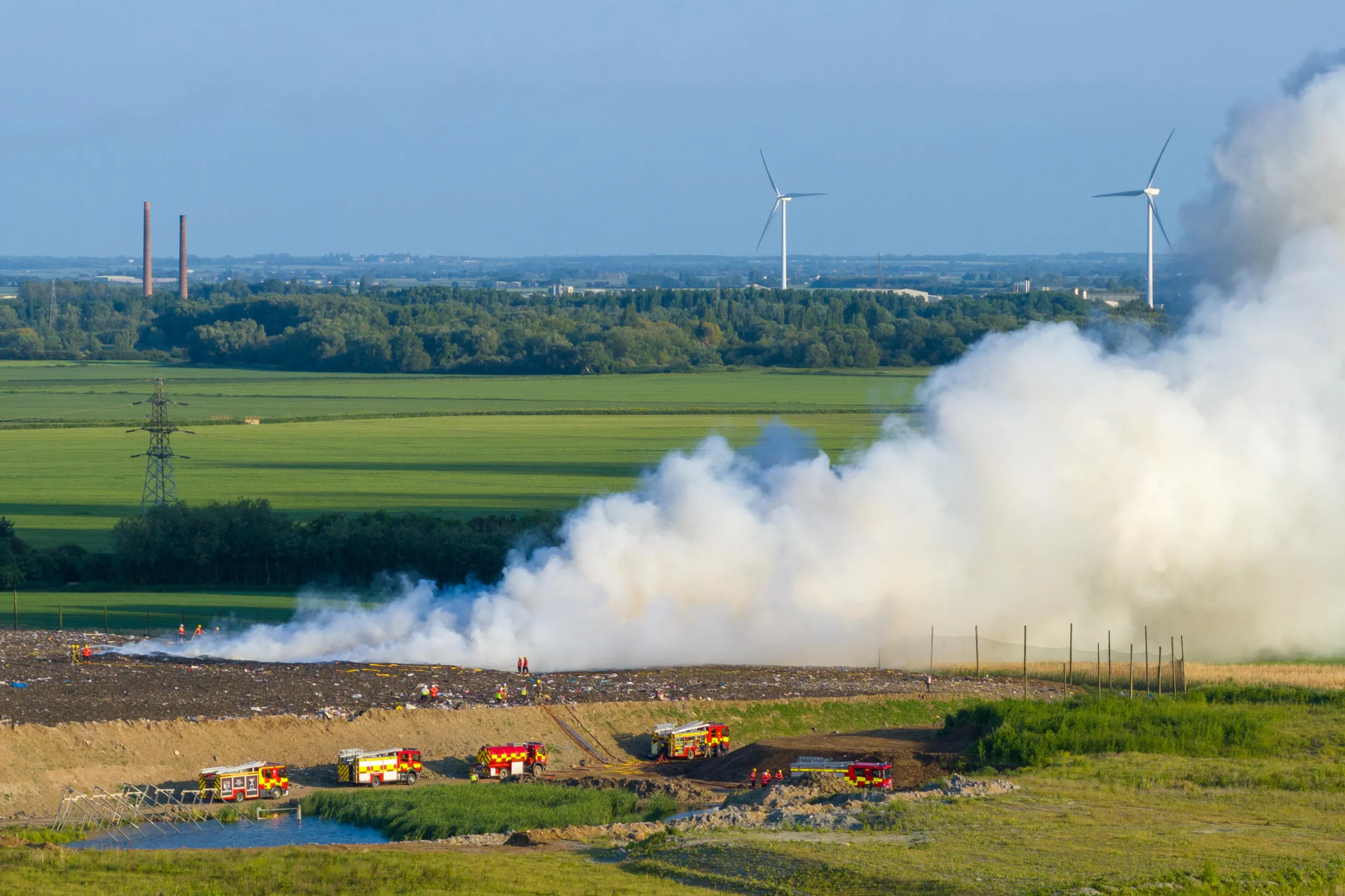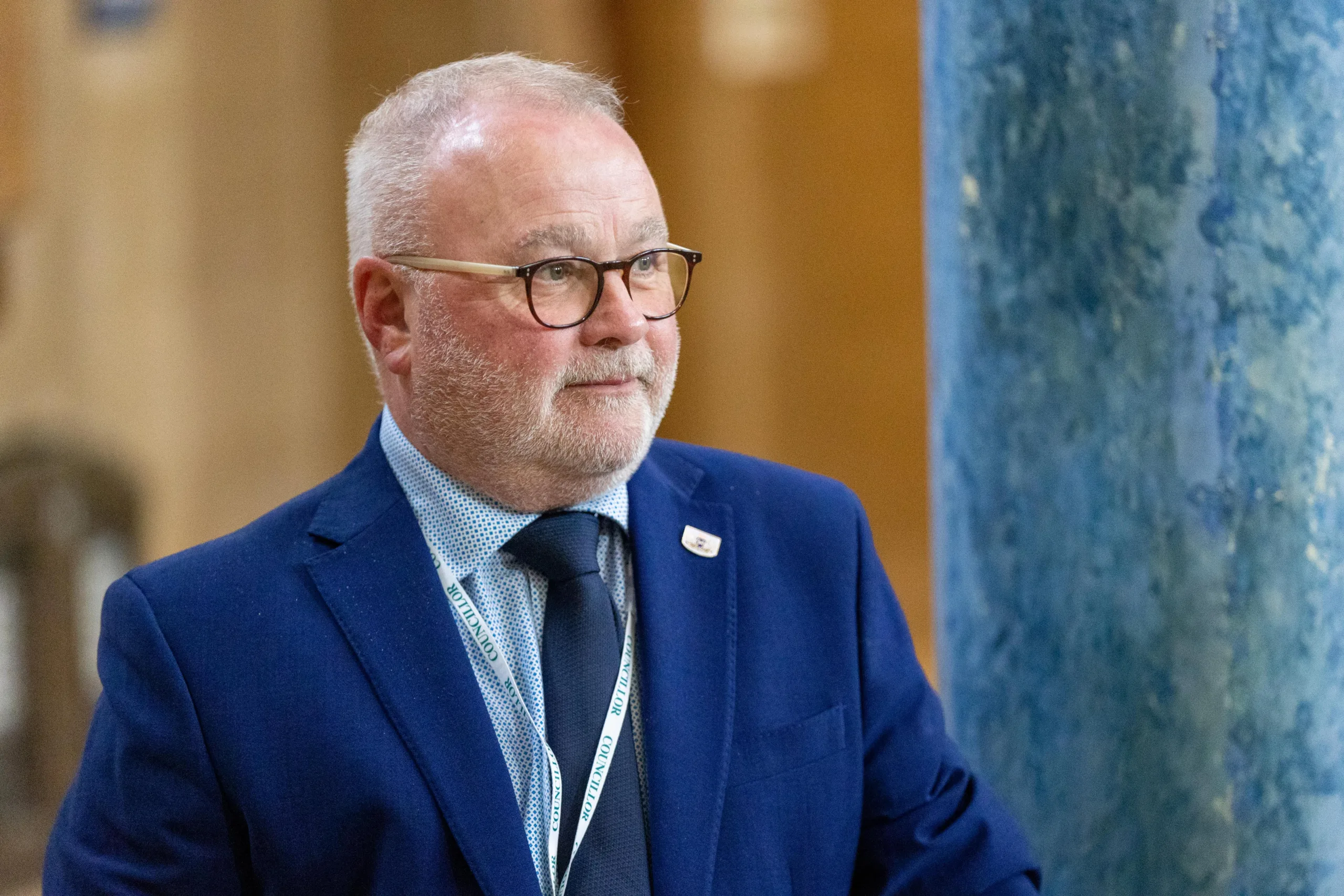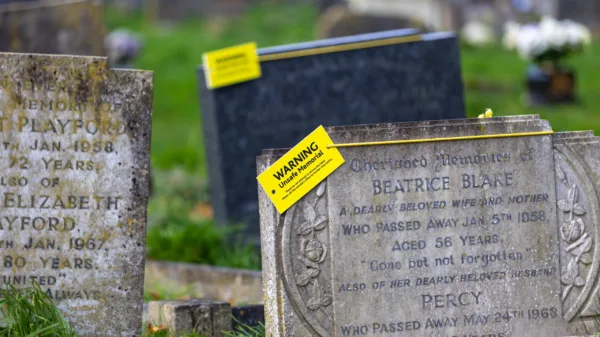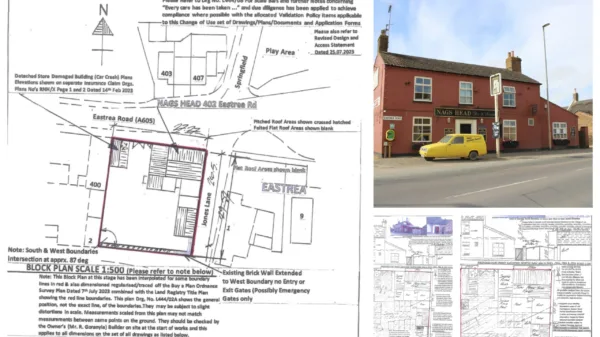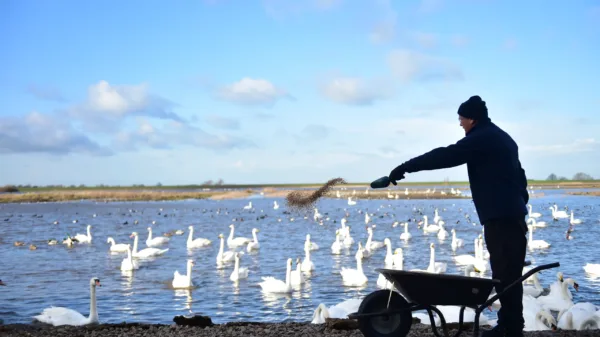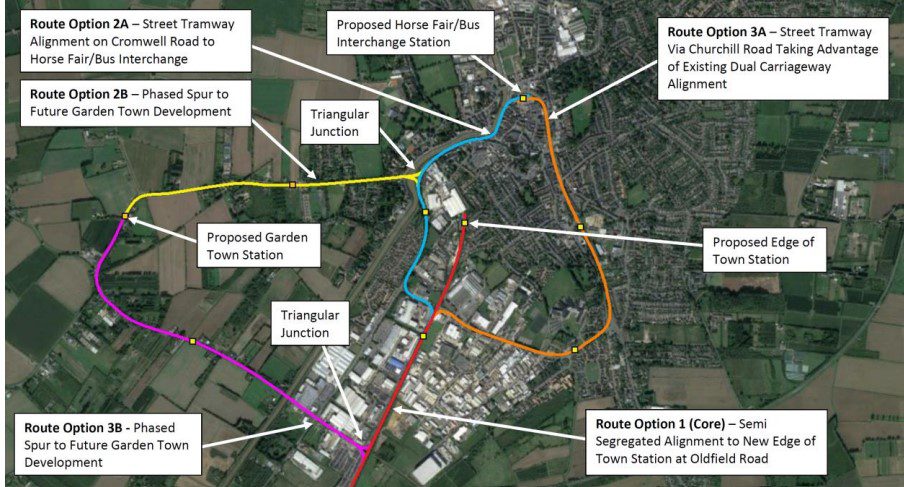
A feasibility study has concluded that there is potential for a light rail passenger operation between March and Wisbech.
But Network Rail, in a report to the Cambridgeshire and Peterborough Combined Authority (CAPCA) is less convinced of a heavy rail alternative.
“The assessment of suitable rolling stock types concludes that, Tram; Tram-Train or Very Light Rail (VLR) vehicles could be used,” says the report to CAPCA’s transport committee.
“The choice of rolling stock being subject to the specification of the short- and long-term service aspirations.
“The study further concludes that in consideration of the client’s specification a tram-train solution appears the best credible light rail option.”
Tram-train would enable future operation on both the national rail network and any on-street operation into Wisbech town centre or to the Garden Town.
“On the basis that light rail is considered a credible and feasible option further work is recommended to examine the options in more detail and to develop cost estimates to assist the business case for reopening the line,” says the report.
Network Rail believes that before the project proceeds any further, discussions between themselves, CAPCA and the Department for Transport are needed to set the future direction.
CAPCA transport and infrastructure committee will decide where to go from here next week.
It is being asked to either agree to lobby for heavy rail based on a 2020 business case and a GRIP 3b study.
Or it could agree to an options assessment report in which all “mode options” are considered.
If that option is approved, it would remove the stumbling block of issues at Ely which have blighted progress on a heavy rail option to Wisbech
In a sense the committee’s hand will be tied since £450,000 to continue appraisals will only recommended for the broader assessment study.
Network Rail’s assessment of the work to date by CAPCA on reconnecting Wisbech and March by rail reveals numerous and substantial gaps in the planning.
Network Rail acknowledges that the project has been developed to this point with minimal input from them and has, necessarily, not been subject to Network Rail’s internal governance processes.
Gaps in the work done to date “can be explained by the fact Network Rail have not been heavily involved to date and did not formally remit the earlier work,” says the report.
“It does not imply that the work produced to date is of a poor standard, in fact much of it is of a very good standard.
“The business case produced by Mott MacDonald is overall a well-presented document, with a strong strategic focus, highlighting the need for public transport links from Wisbech and the perceived benefits of this link extending to Cambridge.
“However, the level of information and detail is not at an appropriate level of maturity for Full Business Case (FBC) level.
“There are assumptions throughout, particularly around infrastructure and timetabling, that would not be expected or accepted at this stage of work.
“These assumptions would need to be verified and further explored to allow the project to progress to an FBC stage.
“The biggest risk sits with any integration onto the main line.”
Network Rail says removing assumptions around what the Ely Area Capacity Enhancement (EACE) project will provide and understanding what this scheme itself will need to provide is key.
This also applies to the capital cost assumptions and patronage, both of which are vital components of a successful business case.
Network Rail says the reports produced by Mott MacDonald are wide-ranging “with well thought out options and conclusions.
“However, there are some gaps in the reports which would need to be addressed”.
These include level crossings to include the safety, financial, project and performance risks and issues associated with closure, upgrade, highway diversion and grade separated crossings
“The demand modelling is limited and there is insufficient evidence to support a heavy rail solution,” says Network Rail.
“The reports demonstrate a desire to facilitate freight services, without providing any clarity on the services required or that the potential market for freight services exists.
“Decisions need to be made to reduce the number of options and permutations in relation to modal choice, station location and passenger/freight demand.
“This decision making will help define the future direction of the project.
“Uninterrupted connectivity onto the wider rail network is dependent on the availability of train paths. Currently these are constrained and there are competing demands from train operators for these train paths.”



